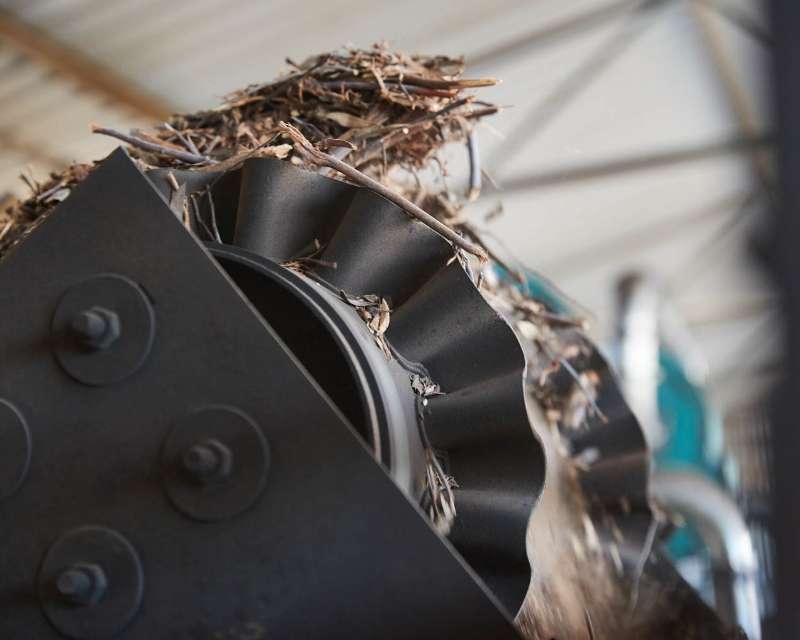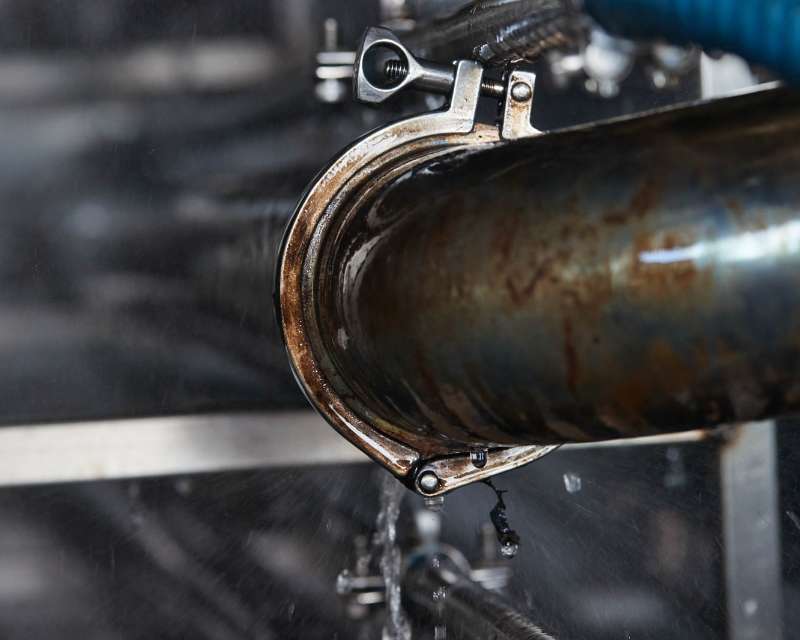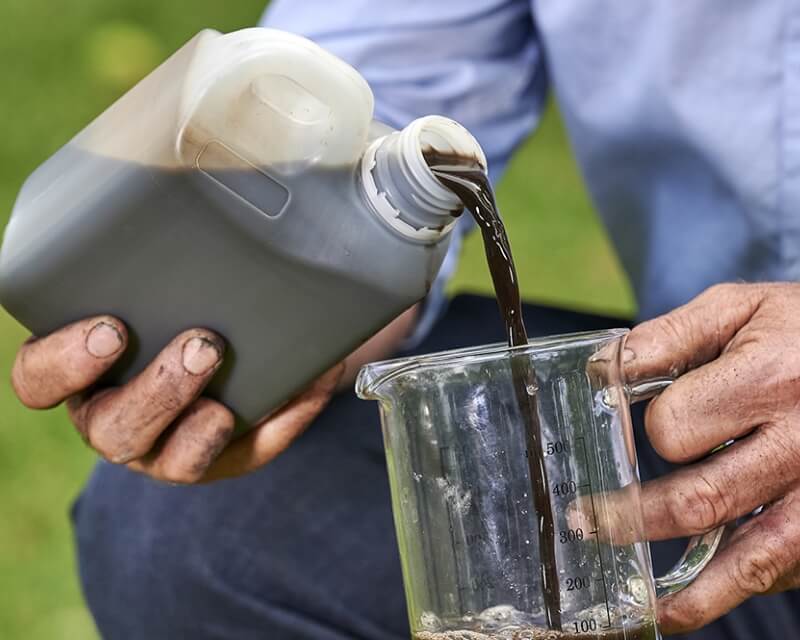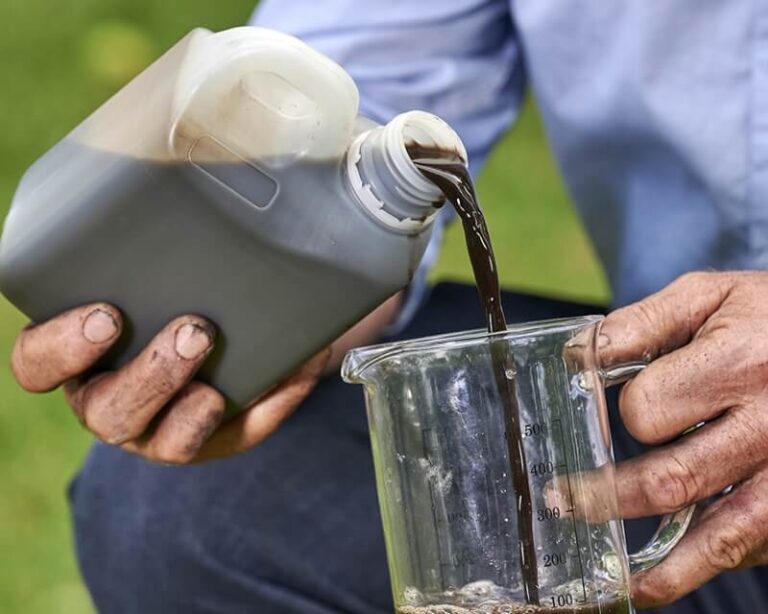
Wood Vinegar
Wood Vinegar, or pyroligneous acid - sometimes known as condensate - is a dark liquid produced from the smoke and emissions generated by the pyrolysis (burning/charring) of oil mallee biomass. Smoke and emissions are drawn from the pyrolysis plant combustion chamber and channelled through a series of pipes and cooling chambers where they are condensed to generate this amazing natural product.
Wood Vinegar’s Structure
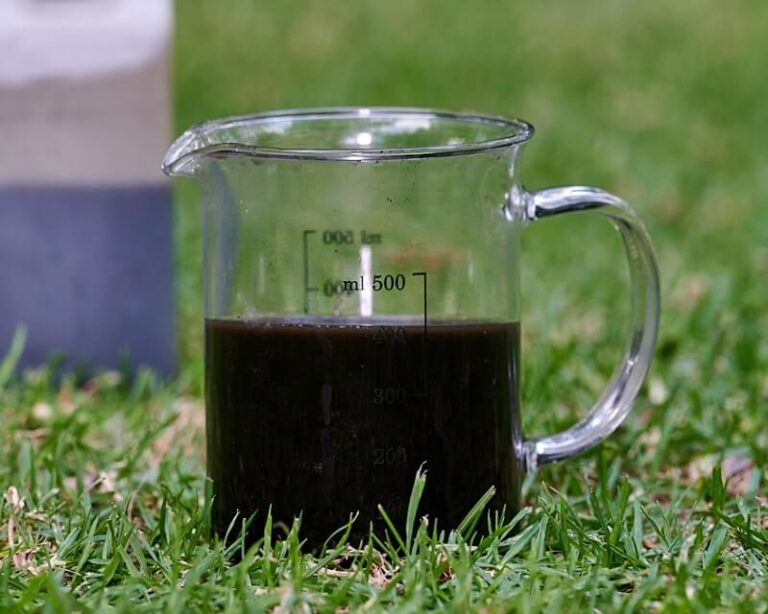
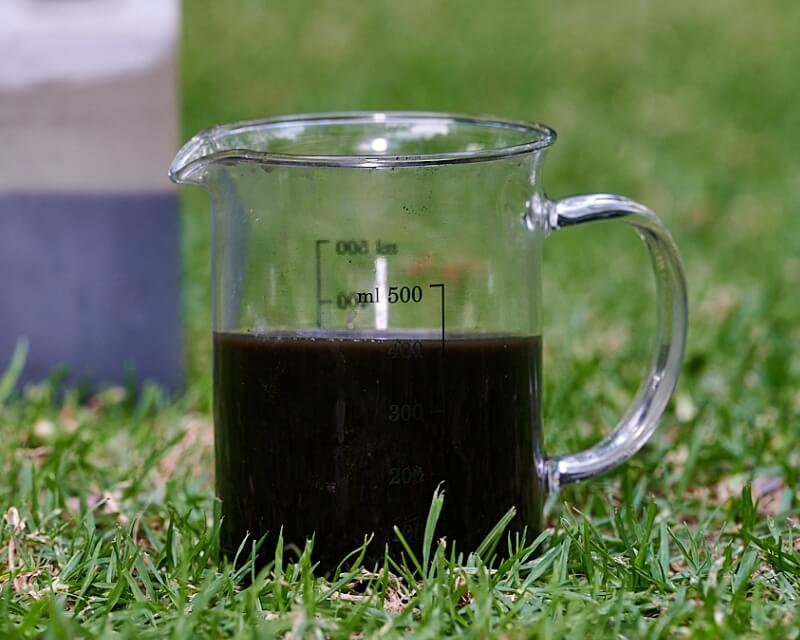
Pyroligneous acid is a crude, condensed and highly oxygenated organic liquid which is a by-product of biomass pyrolysis. It mainly comprises aliphatic, aromatic, and naphthenic hydrocarbons with other oxygenated compounds such as alcohols, aldehydes, ketones, furans, acids, phenols and ethers.
Its uses
Fasera will produce about 900 tonnes of wood vinegar annually. Wood vinegar contains ~200 organic compounds and together with biochar, sales of wood vinegar are becoming a significant revenue driver for the business.
Pyroligneous acid exhibits anti-oxidant and chemical scavenging properties and has been used in agriculture for a wide range of applications. An all natural product, wood vinegar can be used as a soil bio-stimulant at low rates of application. With its high content of organic compounds, it can be used to improve soils and promote seed germination and plant growth. Natural Wood Vinegar provides significant environmental benefits when replacing traditional chemicals.
The organic compounds found in wood vinegar can also be used as an effective anti-microbial agent or as an insecticide. When diluted, it is a natural bio-herbicide and is effective in reducing or eliminating the growth of weeds/unwanted plants. When diluted, it is also an effective bio-pesticide. Wood vinegar is a potentially high-value market replacement for chemical pesticides and herbicides, although further market development and research is required. It is potentially a very lucrative market, with equally significant potential environmental and economic benefits.
How to purchase
At Fasera we grow, harvest and process biomass from oil mallee tree plantations. The pyrolysis of biomass produces a range of products including wood vinegar. Wood vinegar and our wider product range is available for either wholesale purchase by businesses or retailers, or retail purchase by individual customers. To learn more and place your wood vinegar order, please contact us via our enquiry form.
References
- Kunmiao Zhu, Sicheng Gu, Jiahuan liu, Tao Luo, Zaid Khan, Kangkang Zhang, and Liyoing Hu: China Canola Review = Wood Vinegar as a Complex Growth Regulator Promotes the Growth, Yield and Quality of Rapeseed.
- Xiang Guo, Peng Zheng, Xuan Zou, Xiaoyang Chen and Qing Zhang: Pyroligneous Acid – Silage = Influence of Pyroligneous Acid on Fermentation Parameters, CO2 Production and Bacterial Communities of Rice Straw and Stylo Silage.
- Khoran Nisa Mahmud, Maizatulakmal Yahayu, Siti Hajar Md Sarip, Nurul Husna Rizan, Chai Bing Min, Nurul Farhana Mustafa, Sulaiman Ngadiran, Salmiah Ujang and Zainul Akmar Zakaria: Evaluation on Efficiency of Pyroligneous Acid = Evaluation on Efficiency of Pyroligneous Acid from Palm Kernel Shell as Antifungal and Solid Pineapple Biomass as Antibacterial and Plant Growth Promoter.
- Yuying Wang, Ling Qiu, Qilu Song, Shuping Wang, Yajun ang and Yihiong Ge: Root Proteomics Wheat = Wheat Proteomics Reveals the Effects of Wood Vinegar on Wheat Growth and Subsequent Tolerance to Drought Stress.
- Keiji Jindo, Travis Luc Goron, Soboda Kurebito, Kazuhiro Matsumoto, Tsugiykui Masunaga, Kouki Mori, Kazuhiro Miyakawa, Seiya Nagao and Takeo Tokunari: Sustainable Plant Growth Promotion = Sustainable Plant Growth Promotion and Chemical Composition of Pyroligneous Acid When Applied with Biochar as a Soil Amendment.
Get in touch with us to purchase your order of Wood Vinegar today.
